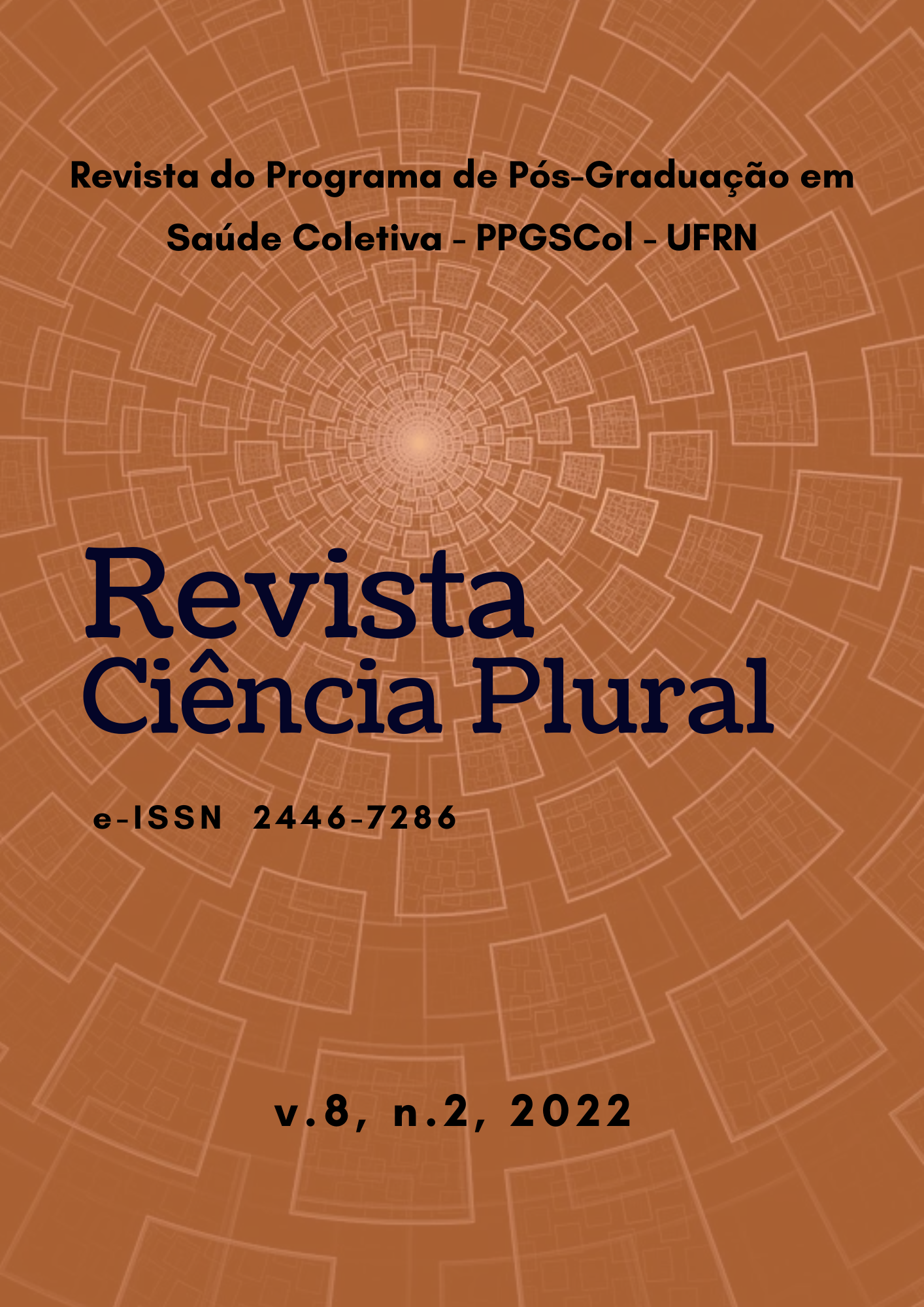Association of adhesion to the cegonha network in brazil with maternal mortality and other health indicators: ecological study
DOI:
https://doi.org/10.21680/2446-7286.2022v8n2ID26632Abstract
Introduction: Maternal morbidity and mortality rates in Brazil are evidenced by the interventionist work process and by sociocultural inequalities between the regions of the country. Objective: To evaluate the adhesion to Stork Network in Brazil associated with maternal mortality and indicators of exclusive breastfeeding and coverage of Primary Care. Methodology: This is an ecological, cross-sectional study, which analyzed the behavior of adhesion to the Stork Network between 2012 and 2017, associated with maternal health indicators. Results: It was noticed that the adhesion to Stork Network coincided with the increase in the coverage of Primary Care in the regions of Brazil. There was an association between adherence to the program and a decrease in maternal mortality over the years, especially in the South and Southeast regions of the country. Furthermore, the distribution of the coefficient of exclusive breastfeeding was growing in all regions, with discrepant data in the southern region. Conclusions: The impacts of Rede Cegonha in Brazil are observed within the established time frame, expressed by the decrease in mortality rates and improvement in health indicators, despite the institutional and cultural limitations found.
Downloads
Downloads
Published
How to Cite
Issue
Section
License
À Revista Ciência Plural ficam reservados os direitos autorais referente a todos os artigos publicados.

 Português (Brasil)
Português (Brasil) English
English Español (España)
Español (España)













